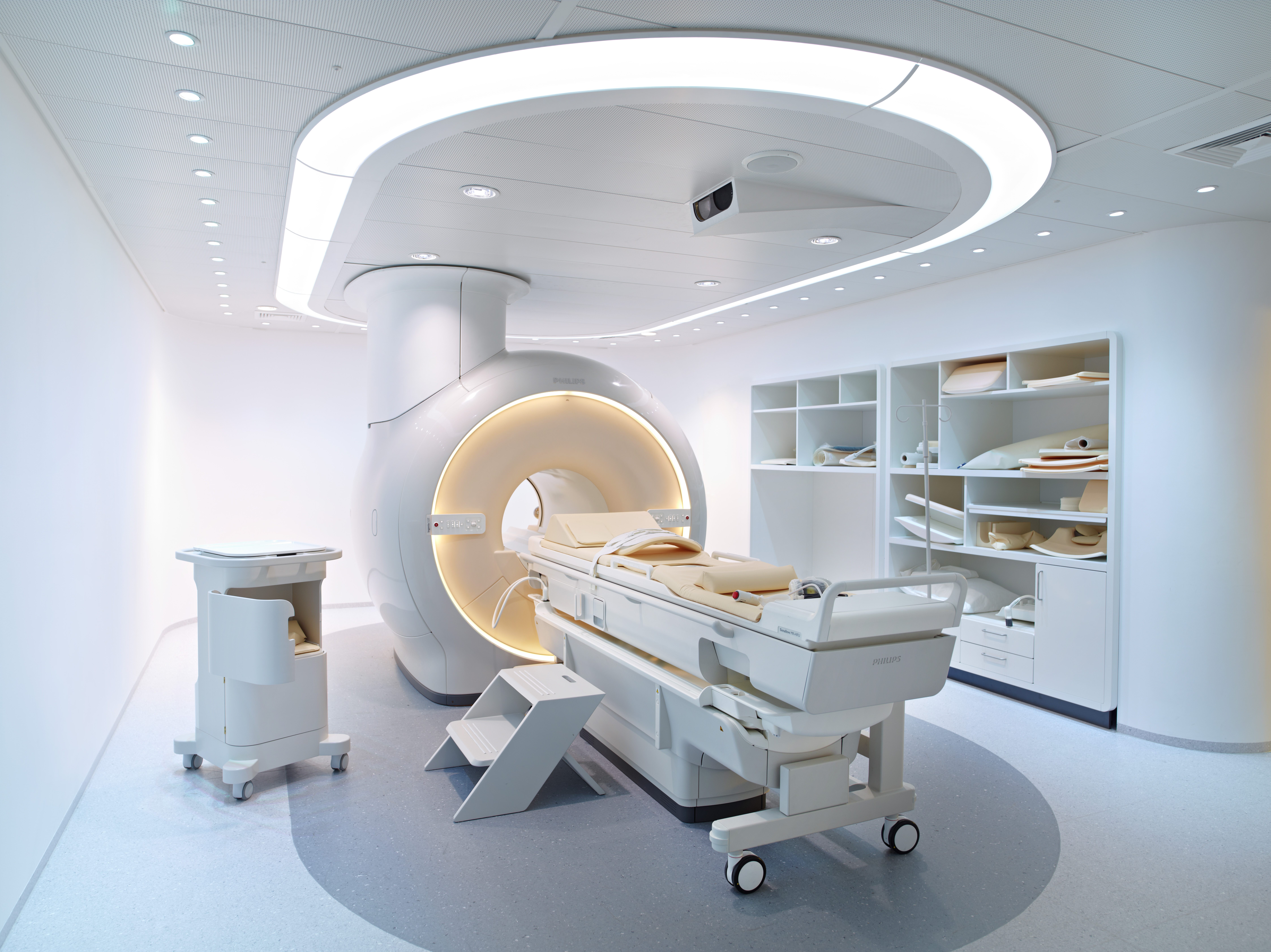Localized Prostate Cancer
Approximately 200,000 men are diagnosed with prostate cancer each year in North America (US + Canada). Using the Gleason Grade (GG) Score patients are staged in category 1 for low risk patients and 2 or higher for intermediate or high risk.
Today, the standard of care for treatment of GG2 and higher is either radical prostatectomy or radiation. Clinical evidence shows that these procedures are associated with serious side effects including urinary and/or rectal incontinence and erectile dysfunction creating an opportunity for new function preserving procedures that do not preclude additional intervention if needed in the future.
TULSA-PRO combines real-time MRI, robotically-driven transurethral ultrasound and closed loop temperature feedback control, to provide customizable and predictable ablation of a surgeon-defined prostate volume. For patients with organ confined disease, clinical data shows that the TULSA procedure has a favorable safety profile and low impact on patient quality of life while maintaining or further improving clinical effectiveness.
Read more on TULSA-PRO

